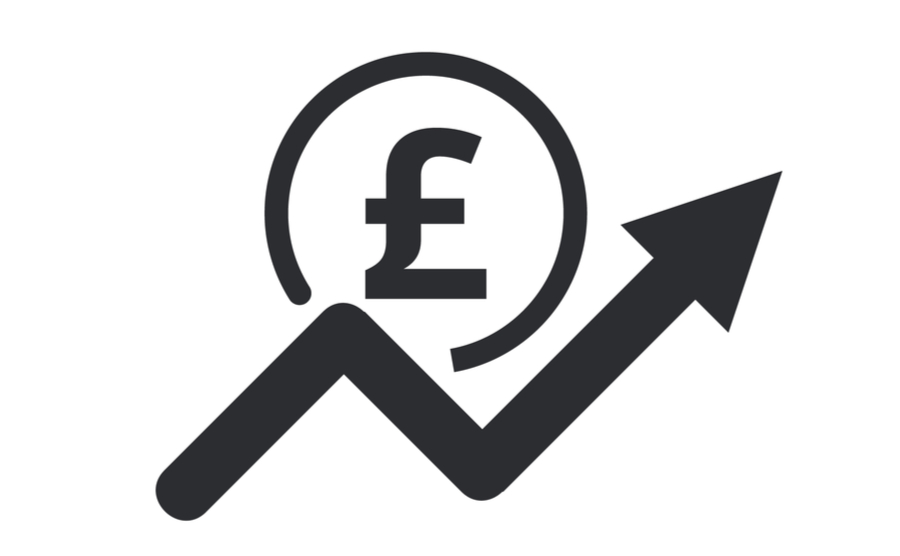
The pound has remained strong
A frantic week for data and monetary policymaking reached its final day with the pound almost 1% up on this time last week against the euro and US dollar. That takes sterling to its strongest against the US dollar for 11 months and getting close to its strongest against the euro this year.
Yesterday the European Central Bank (ECB) followed the US Federal Reserve in raising its headline interest rate by 0.25%. That takes headline rates to 3.75% in Europe and 5.25% in the US. The current expectation is that the Bank of England will also raise by 0.25% to 4.50% next Thursday.
However, these are volatile days for currencies, so make sure any upcoming transactions are protected against the risks of sudden market movements. Secure a fixed exchange rate now with a forward contract; call your Business Trader on 020 3918 7255 to get started.
ECB president Christine Lagarde yesterday said yesterday that firms were taking advantage of inflation to boost their profit margins, despite food prices hurting the most vulnerable in society.
The pressure of interest rate rises is being felt keenly in the US, where more mid-size regional banks appear to be in trouble.
In politics, early results from yesterday’s local elections in England show large-scale losses for the Conservative Party. If repeated at a general election they indicate that the Labour Party is on course for a majority.
Also in the UK, the mortgage market bounced back in March, with the highest number of mortgage approvals since last October. However, numbers are still some 25% down on March 2022.
There was also good news for the economy with S&P Global/SIPS services PMI being upwardly revised to 55.9, well up on the previous month’s 52.9. This is similar to other PMI data from the eurozone yesterday. The report said: “Business activity growth regained momentum during April, fuelled by the strongest upturn in new orders since March 2022. Resilient demand and rising optimism regarding the business outlook also resulted in a solid increase in employment numbers.” However, unlike Christine Lagarde, the report blames “elevated energy prices and robust pay pressures” for inflation.
The data continues today including one of the US’s most influential monthly releases, non-farm payrolls, at lunchtime.
GBP: Sterling strong as attention turns to BoE
A positive week for sterling has seen it strengthening to an 11-month high against the US dollar and close to multi-month highs against the euro. There were small gains against the yen and NOK, while weakening against other major currencies.
After the ECB and Fed, next week the spotlight falls on the Bank of England’s interest rate setting panel, the MPC, once again.
That comes after the long weekend of the first Coronation in Great Britain since 1953.
Then on Tuesday morning we’ll hear readings for retail sales and house prices from the Halifax, before things liven up with interest rates on Thursday and GDP on Friday.
GBP/USD past year
EUR: Lagarde blames profiteering as rates hiked again
The euro suffered yesterday, losing as much as 1% or more against the Australian and Canadian dollars and by around 0.50% against the USD and GBP.
How much of the drop can be blamed on the European Central Bank (ECB) raising rates, and how much on a mixed picture of economic data, is a moot point.
The ECB raised interest rates by 25 basis points (0.25%) yesterday, to 3.75%. Bearing in mind that this time last year the interest rate was 0%, ECB president Christine Lagarde put at least some of the blame for soaring inflation on producers. She said: “In some sectors, firms have been able to increase their profit margins on the back of mismatches between supply and demand, and the uncertainty created by high and volatile inflation.”
There is no public holiday on Monday in Europe, but even so there is little of interest on the data front until Wednesday, with a final reading for German inflation.
USD: Dollar sinks as banking fears spread
It was a poor day for the dollar generally yesterday, except against the euro where the greenback gained around 0.50% yesterday (which has been somewhat corrected this morning).
As ever, the start of the month is the busiest for data in the US, and today we’ll hear non-farm payrolls and unemployment. It’s not just economists and central bankers looking at the US jobs market. Despite being 18 months away, thoughts are starting to turn to the presidential election in 2024 which, with two relatively unappealing candidates looking likely, could hinge on the economy.
Turning to next week, the big event will be inflation on Wednesday. However, the markets will be looking at how the banking world looks, with several regional banks in the US apparently looking for financial lifelines.
For more on currencies and currency risk management strategies, please get in touch with your Smart Currency Business trader on 020 3918 7255 or your Private Client trader on 020 7898 0541.

 020 7898 0500
020 7898 0500